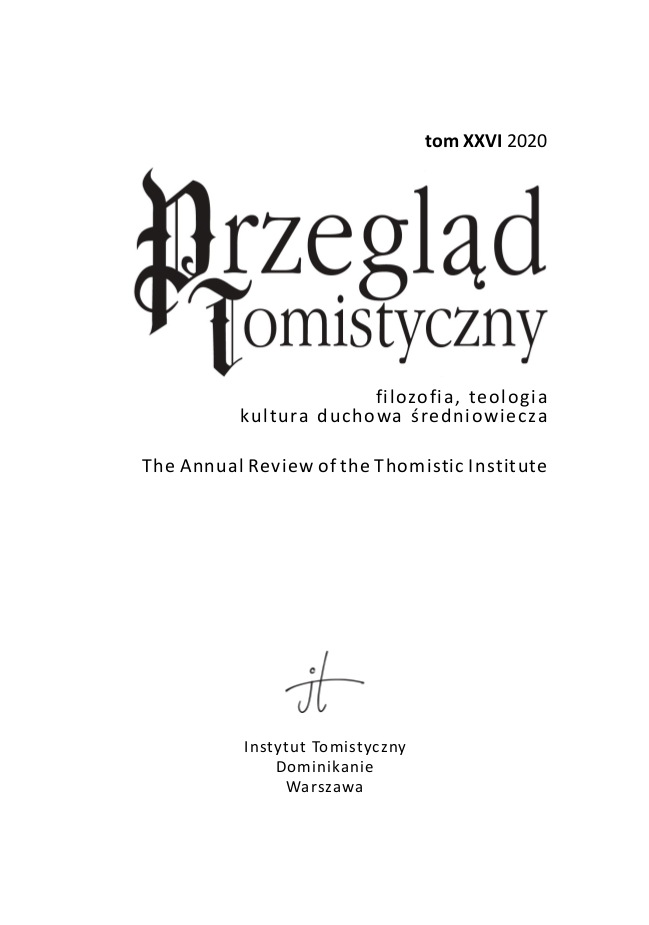THOMAS G. WEINANDY OFM CAP., St. Thomas Aquinas. Incarnational “Becoming” as a Mixed Relation

Volume XXVI: 2020
Philosophy — Theology — Spiritual culture of the Middle Ages
ISSN 0860-0015
e-ISSN 2544-1000
SUMMARY
This essay examines the Incarnation as grasped and articulated by St. Thomas Aquinas. First it states the three incarnational truths that must be present for a proper conception and articulation of the mystery of the Incarnation. 1) It must be truly the S on of God who is man. 2) It must be truly man that the Son of God is. 3) The Son of God must truly be man. Second, this essay studies what it means, according to Aquinas, for the Son of God to subsist as man. Aquinas holds that only this ontological notion of the Incarnation is in keeping with the truth of the Catholic faith. Third, the issue concerning the meaning of “become” is considered. The term “become” cannot mean either that the Word comes into a man or that the Word is changed into a man. “Become” must mean that the Son of God comes to exist as man. Thus, the incarnational “becoming” must terminate in a genuine incarnational “is.” Lastly, Aquinas’ understanding of the Incarnation as a mixed relation is investigated. For Thomas, the humanity must be related to the Son’s divinity such that neither the humanity nor the divinity is changed, and yet simultaneously, that the Son of God does actually exist as man. Such an understanding is properly conceived within Aquinas’ notion of a mixed relation, that is, the incarnational act is the act of the Father, through the power of the Holy Spirit, bringing into existence the humanity and uniting it to the divinity of the Son such that the Son comes to exist as a man. Thus, Thomas, through his understanding of a mixed relation, provides a greater depth and clarity to the incarnational “becoming.”
